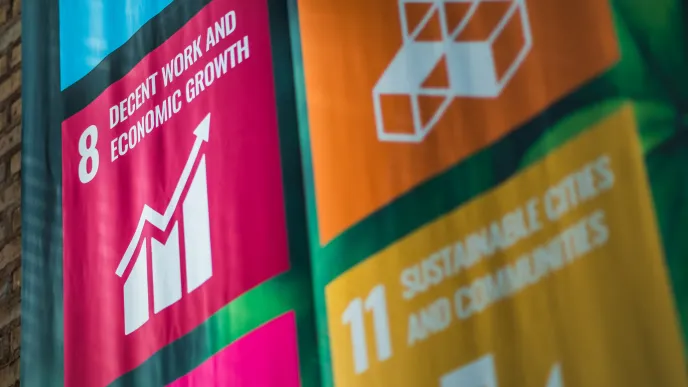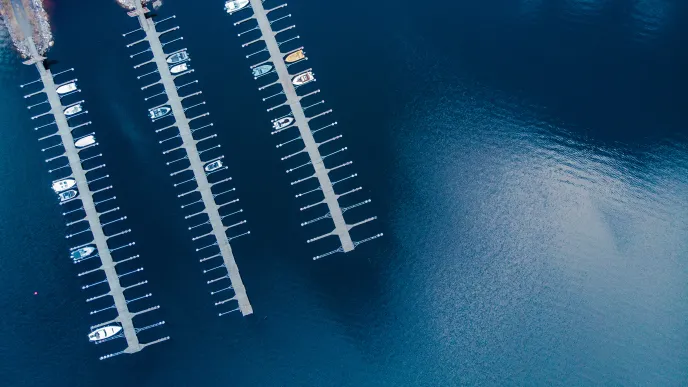The latest sustainability report of LUT University has now been published. It describes LUT’s main efforts to promote sustainability in research, education, societal interaction, stakeholder work and campus activities, during the previous year.
For example, LUT's research platforms defined their own sustainable development goals based on the UN 2030 Agenda. Research platforms produce solutions for clean air, water and energy, as well as sustainable business, by combining economics and technology.
Kati Koikkalainen, Sustainability Manager, says that research in accordance with the strategy is widely applied in the university's course contents.
"Sustainability learning objectives have already been included in 80% of LUT's degree programmes. The goal is for everyone who graduates from LUT to be able to promote sustainable development in their own field", says Koikkalainen.
The carbon footprint for 2021 was 2,046 tonnes
LUT's goal is to be carbon negative, by the end of 2024. The Carbon Negativity Team, formed by researchers, calculates the university's carbon footprint annually, in accordance with the GHG protocol. In 2021, the carbon footprint was 2,046 tonnes of carbon dioxide equivalent.
The university's greatest emissions are caused by movement between home and campuses, heating of the premises and meals. Emissions will be reduced, together with the campus operators, through the measures of the Climate Action Plan. For example, the energy efficiency of the facilities has been improved with the property owners. Also, campus restaurants have increased the supply of vegetarian food and made the carbon footprints of food portions visible.
The members of the LUT University community as well as all key functions of the university participate in reducing emissions. Everyone is needed to achieve the carbon negativity goal.
"We have organised events and training for our community that increase the know-how of sustainable development. In addition, we use solar panels to produce part of our electricity, and purchased electricity is also renewable”, says Koikkalainen.
LUT challenges companies to calculate the carbon footprint of their products
At LUT, electric bicycles, offered as a personnel benefit, are currently being put out to tender. In addition, traffic to the campus will be developed to a more sustainable direction, together with the City of Lappeenranta. For example, LUT participates in the costs of city bikes offered on the Skinnarila Campus.
The university also wants more sustainable procurements. LUT challenges companies to calculate the carbon footprint of a product or service, even before they offer it to the university.
"In the future, we hope to positively value companies whose emissions of products and services have been calculated. As a customer, we want to make acquisitions that are good for the environment. It would be important to have carbon footprint calculated products on offer”, says Mika Luoranen, researcher at the LUT Carbon Negativity Team.
LUT also examined and produced recommendations for measures to reduce the environmental impacts of public procurement, as part of the national research consortium.
"In order to maintain the emissions budgets that meet the climate objectives, we need to know the components the emissions are formed from and their affect on the carbon footprint", summarises Luoranen.
Koikkalainen adds that, in the future, biodiversity impacts will also be increasingly considered in LUT University research as well as other activities.
"We pay attention to preserving biodiversity. Last year, we built insect hotels, planted new forests and improved wetlands. The majority of our sustainability efforts are made in cooperation with our campus cities, students and companies. Together we can achieve a lot", says Koikkalainen.
Lisätietoja:






